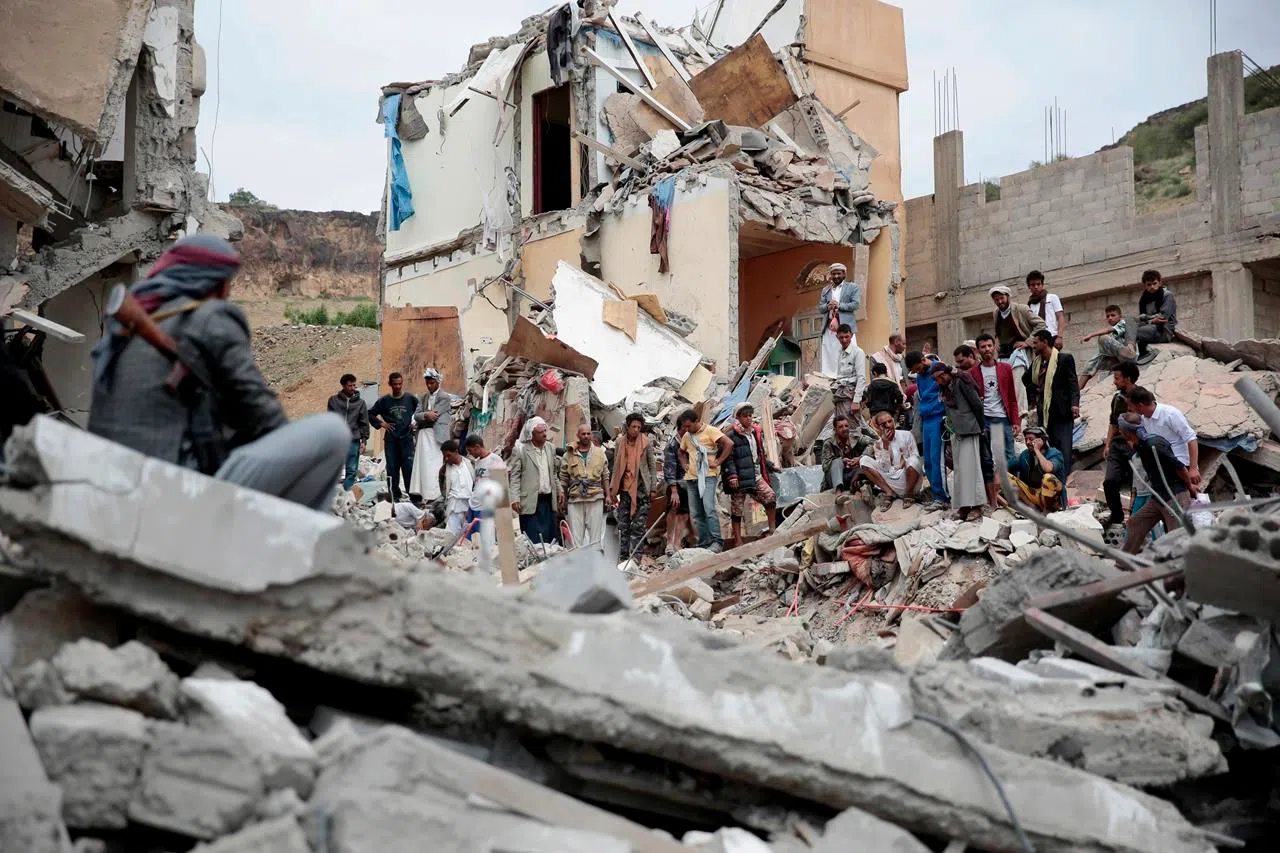
AP Newsbreak: Saudis threaten fallout if Yemen probe passes
GENEVA — Saudi Arabia has threatened other countries over a proposed resolution at the U.N.’s main human rights body, saying if they send international, independent investigators to war-torn Yemen that could “negatively affect” trade and diplomatic ties with the wealthy kingdom, a Saudi letter obtained Tuesday by The Associated Press shows.
Two competing resolutions — one by Saudi Arabia and other Arab states and another by Canada and the Netherlands — have been proposed on how to best document the human rights violations in Yemen. The resolutions are shaping up as the main diplomatic showdown at the Human Rights Council session that ends Friday.
Saudi Arabia has sent a letter to at least two foreign countries warning that the Arab states “will not accept” the Dutch-Canadian resolution, which seeks an “international, independent investigation.”
U.N. human rights chief Zeid Ra’ad al-Hussein has repeatedly called for such an investigation.


